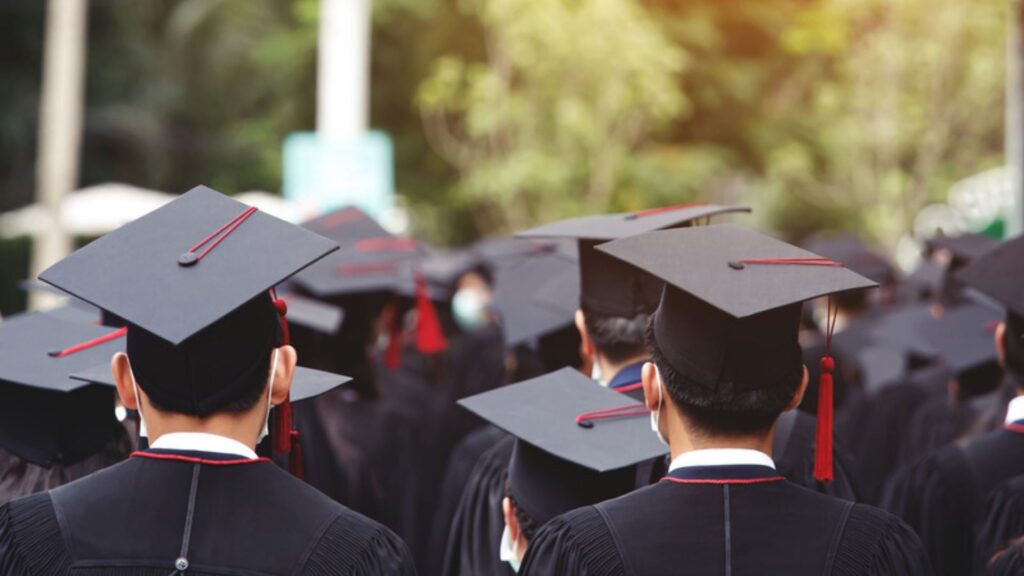Pandemic Teens Unprepared For College After Learning Little In High School
Learning loss left students struggling to stay afloat, and many fear that underprepared students now entering college won't succeed.

Data can be found all around the web pertaining to how much students suffered mentally, physically, and academically from school disruptions due to the COVID-19 pandemic. Learning loss was broadly reported, and while many new initiatives look at catching younger students up, high school students may have caught the brunt of issues these past few school years. Pandemic-era teenagers that are now entering their first year of college spent the majority of their high school career faced with school closures, quarantines, and various education disruptions. Because of that, these underprepared students might not be poised to excel in the higher ed setting.
For many students, virtual classes were not easy to follow. Not everyone had the pleasure of having their own quiet, at-home space to log into class. Many students had to sit through school with noisy home-life disruptions in the background making it hard to focus. Mental health played a toll on learning as well. Many students simply didn’t put in the effort because of emotional issues taking precedent in their minds. And on top of all this, teachers felt more pressured than ever to let kids get off easy, often passing those who probably should have failed. All of this led to a plethora of underprepared students entering college.
According to a recent report from The Associated Press, this notion is felt by many education experts who all fear that new freshmen beginning their college journey will have an exceptional time struggling to keep up with rigorous school demands. One such college professional, Allison Wagner, highlighted this concern when reviewing applications for a scholarship program that offers financial aid and counseling to low-income students entering college in Milwaukee. Wagner has noticed plenty of underprepared students might be entering college, noting that a tremendous amount of applicants documented that they spent at least half of their senior school days working jobs, partially because of extra time from online learning.
Even more disturbing, Wagner stated that many students applying for financial aid took no math or science classes during their senior year. This wasn’t necessarily because it was an option for them to opt-out, but instead because a teacher shortage meant they were unable to enroll in these classes. College is no walk in the park, and she fears many of these underprepared students learned so little in high school, which will in turn put them at high risk of dropping or failing out of college.
Exacerbating this newfound problem, more and more high school graduates are simply opting for alternatives and skipping college altogether. Many Americans feel that a college degree isn’t worth the effort and cost anymore. Similarly, a current strong job market that is pushing up non-degree wages is enticing student’s to head straight to the workforce. But with fewer enrollees, and possibly more chances of failure from underprepared students, the college decline could potentially cause vast-long term negative ramifications on the American workforce.

Luckily, there are plenty of higher ed initiatives looking to bridge the gap from high school learning loss that might deter underprepared students from going on with their college journey. For now, it remains unknown whether or not current new coming freshmen will have a tougher time than normal keeping up with the rigorous demands of college academics. But what is known is that the consequences of underprepared students might reverberate with the perpetual higher ed decline down the road.







